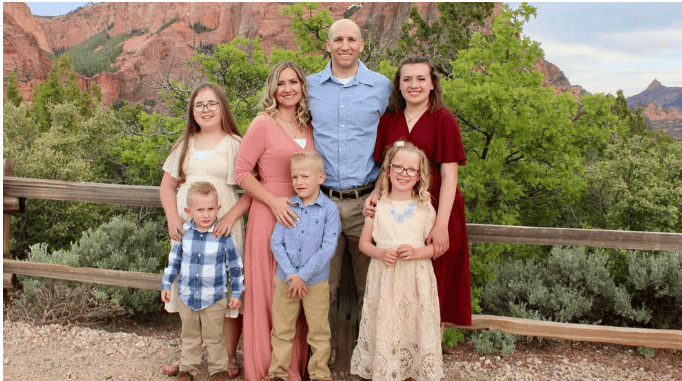The murders of at least a dozen children in the past three months put a spotlight on a disturbing pattern of a U.S. court system that appears to be deliberately putting custody in the hands of dangerous parents.
According to the Center for Judicial Excellence, a national organization that closely tracks the trend, more than 900 children have been killed by one of their parents in the United States since 2008.




